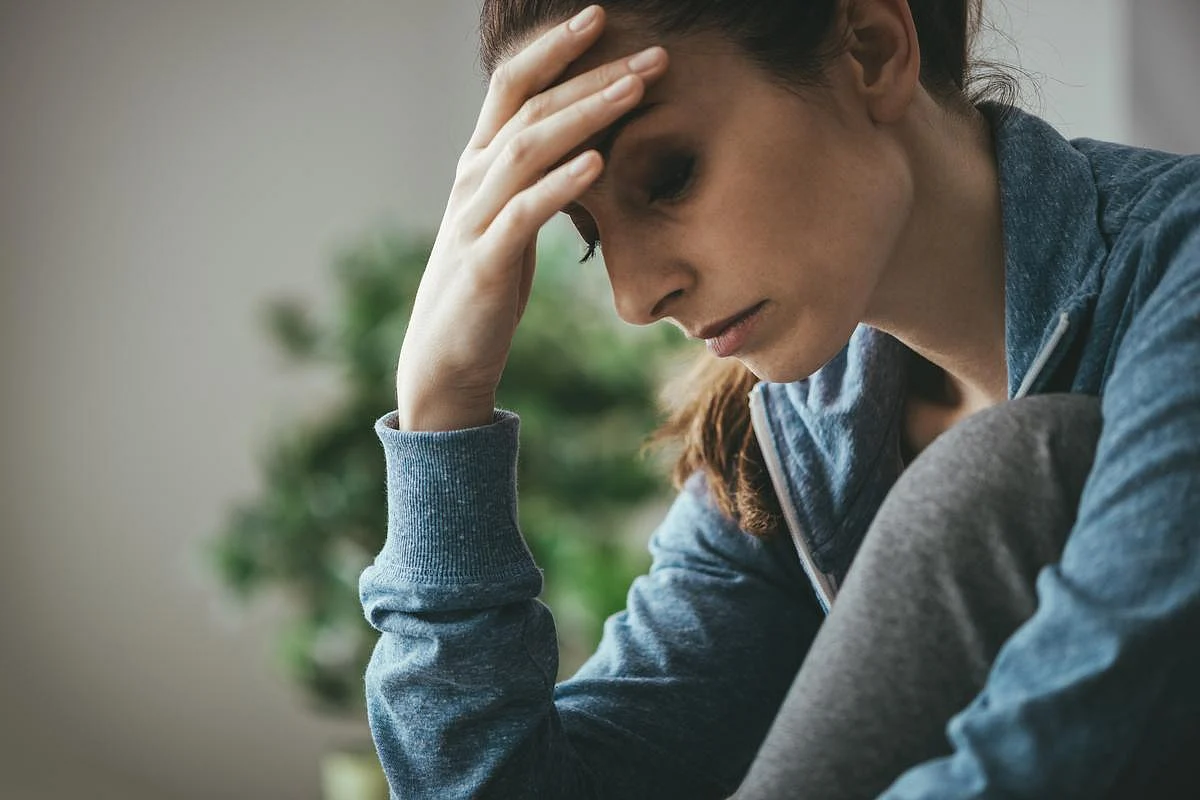Individuals who report being always lonely have significantly higher predicted probability of depression
By Elana Gotkine HealthDay Reporter
THURSDAY, July 10, 2025 (HealthDay News) — Loneliness is a predictor of depression and poor health outcomes, according to a study published online July 9 in PLOS ONE.
Oluwasegun Akinyemi, M.D., Ph.D., from the Howard University College of Medicine in Washington, D.C., and colleagues examined the association between loneliness and key outcomes, including depression diagnosis, poor mental health days, and poor physical health days, using data from the Behavioral Risk Factor Surveillance System from 2016 to 2023.
The study included 47,318 individuals; more than 80 percent reported some degree of loneliness. The researchers found that individuals who reported being “always” lonely had a significantly higher predicted probability of depression (50.2 versus 9.7 percent), as well as 10.9 more poor mental health days and 5.0 more poor physical health days per month, compared to those who reported “never” being lonely. Across sex, race/ethnicity, and age, disparities were evident. Across most loneliness levels, women consistently reported more poor mental health days than men. Significantly lower probabilities of depression and fewer poor mental health days were seen for Black versus White individuals reporting loneliness. Across all loneliness categories, older adults (older than 64 years) reported more poor physical health days than younger adults.
“Our findings underscore loneliness as a pressing public health issue with wide-reaching effects on mental and physical health,” the authors write. “The use of a causal analytic framework and nationally representative data advances the field, making a strong case for upstream interventions.”
Copyright © 2025 HealthDay. All rights reserved.







